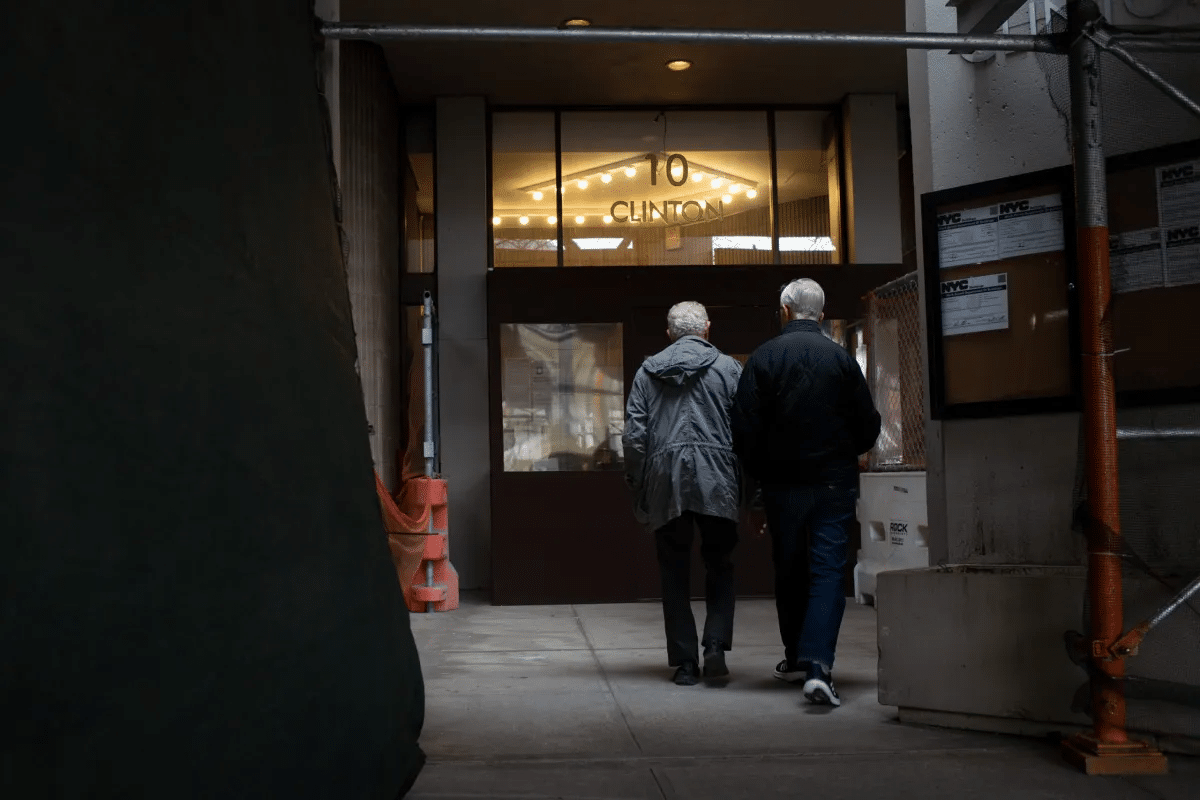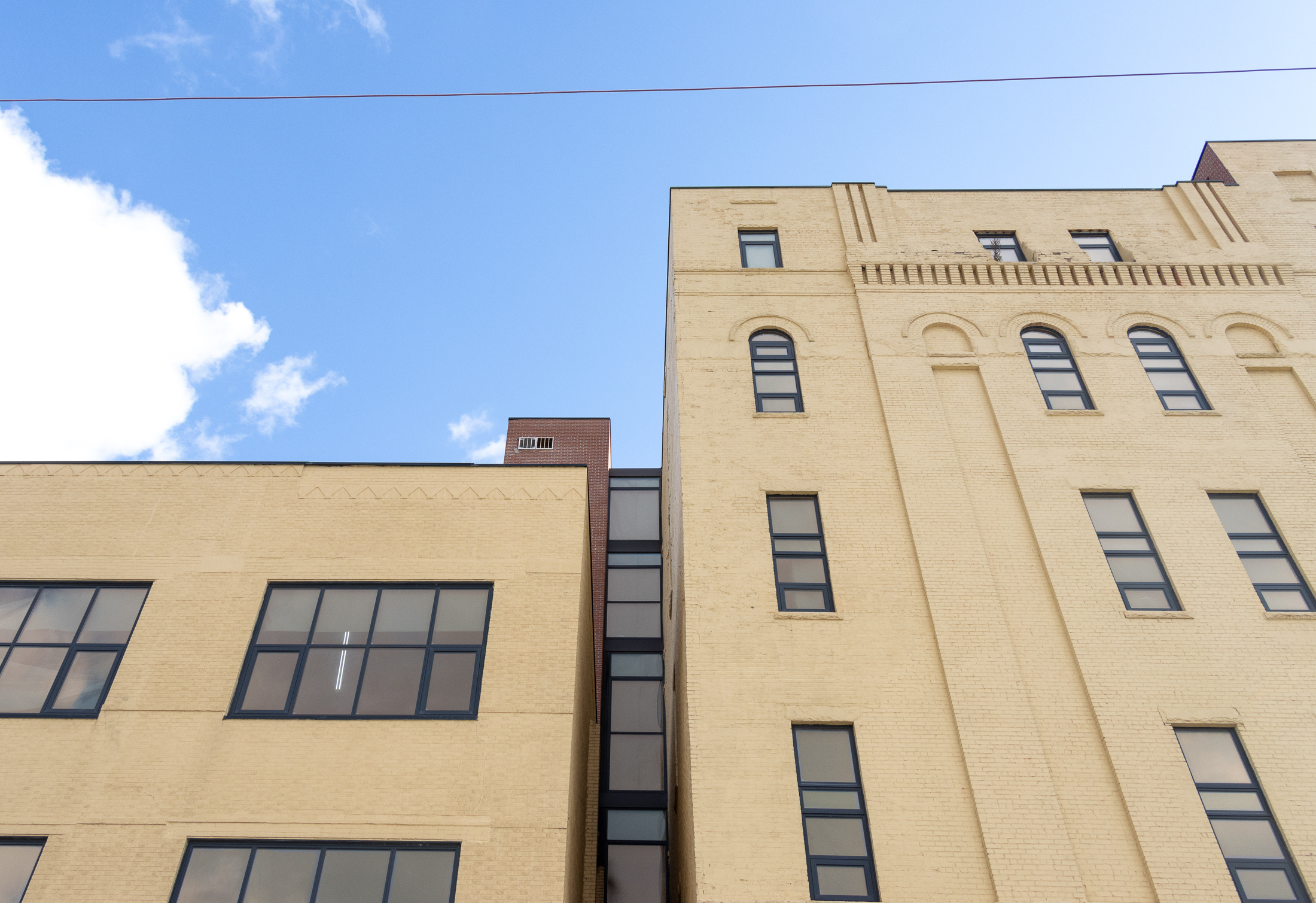The New York Tax Break You've Never Heard Of
You’ve heard of the 421-a tax incentive program, despised by the de Blasio administration and abhorred by many locals, who view it as an antiquated tax break no longer applicable to since-gentrified areas. 421-a, however, is not the end all of tax breaks. REAP stands for the Relocation and Employment Assistance Program, a relocation tax credit for…
You’ve heard of the 421-a tax incentive program, despised by the de Blasio administration and abhorred by many locals, who view it as an antiquated tax break no longer applicable to since-gentrified areas. 421-a, however, is not the end all of tax breaks.
REAP stands for the Relocation and Employment Assistance Program, a relocation tax credit for relocating commercial and industrial businesses, excluding retail and hotels. REAP provides business income tax credits to businesses previously located outside New York, or below 96th Street in Manhattan, that are relocating jobs to the outer boroughs or specified areas above 96th Street.
The annual credit can save companies up to $3,000 per employee for 12 years. Launched in 2003, REAP nearly expired during the last legislative session in Albany this June, but has since been extended to June 30, 2017. The program is commended by many for creating jobs in underserved communities.
Used extensively by Two Trees Development and throughout Dumbo, as well as in MetroTech and the Navy Yard, REAP has significantly influenced the development of Brooklyn business. Both Uniworld Group and Art Partner relocated to Downtown Brooklyn with the help of the program, and Cry Precision plans to bring up to 1,500 employees to the Brooklyn Navy Yard thanks to REAP, City & State reported. In Dumbo, nearly 50 firms utilize REAP.
Indeed, one of the only issues with REAP is that, despite being in effect for over a decade, many people, from brokers to businesses and officials to landlords, are unaware of the program.
“REAP is really important to supporting the development of more Brooklyn office space, because to buy and build out office space in raw warehouses is really expensive,” Aptsandlofts.com commercial broker Chris Havens told Brownstoner. When a business moves from Manhattan or from outside New York, REAP essentially provides an enormous subsidy based on how many jobs it is creating in designated areas. This incentivizes companies to stay in New York, and gives them an opportunity to grow.
“It’s about keeping taxes within the city,” Havens said.
The head of real estate at the Downtown Brooklyn Partnership, Alan Washington, agrees. “I think REAP’s been critical to maintaining the office economy in Brooklyn,” he told us. “Especially in this market, where the highest and best use of space is residential, without subsidies like REAP we would not have any of these commercial projects coming up.”
While the bulk of REAP users are large companies, and by definition ones originally based outside of Brooklyn (REAP does not cover businesses moving within Brooklyn), the tax break is beneficial to all, Washington believes. “Companies that are already based in Brooklyn benefit from the ecosystem that exists here,” he said.
Many office-space tenants at Dumbo’s under development Empire Stores complex, slated to open in spring 2016, will likely qualify for REAP. A good thing, as the soon-to-be refurbished former cargo warehouse is charging $80 and up per square foot.
Photo by Barbara Eldredge










What's Your Take? Leave a Comment